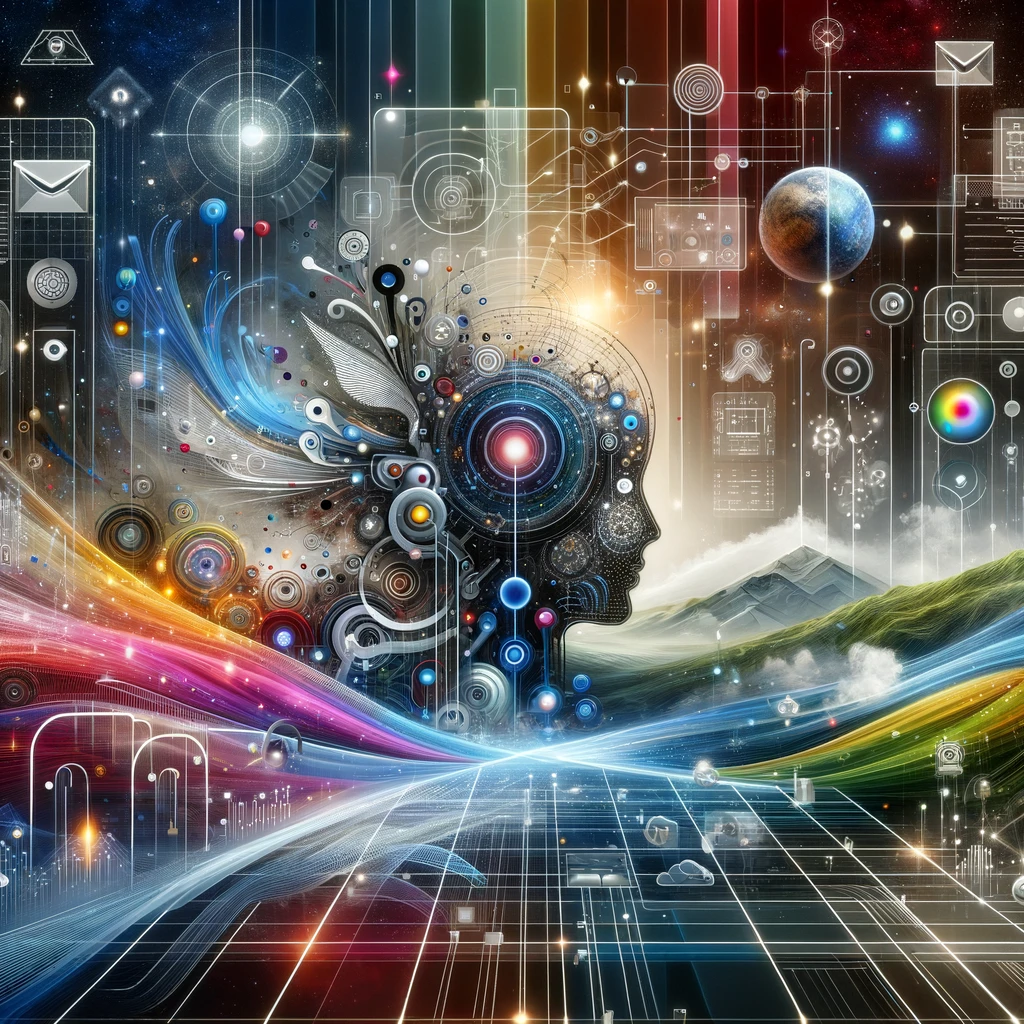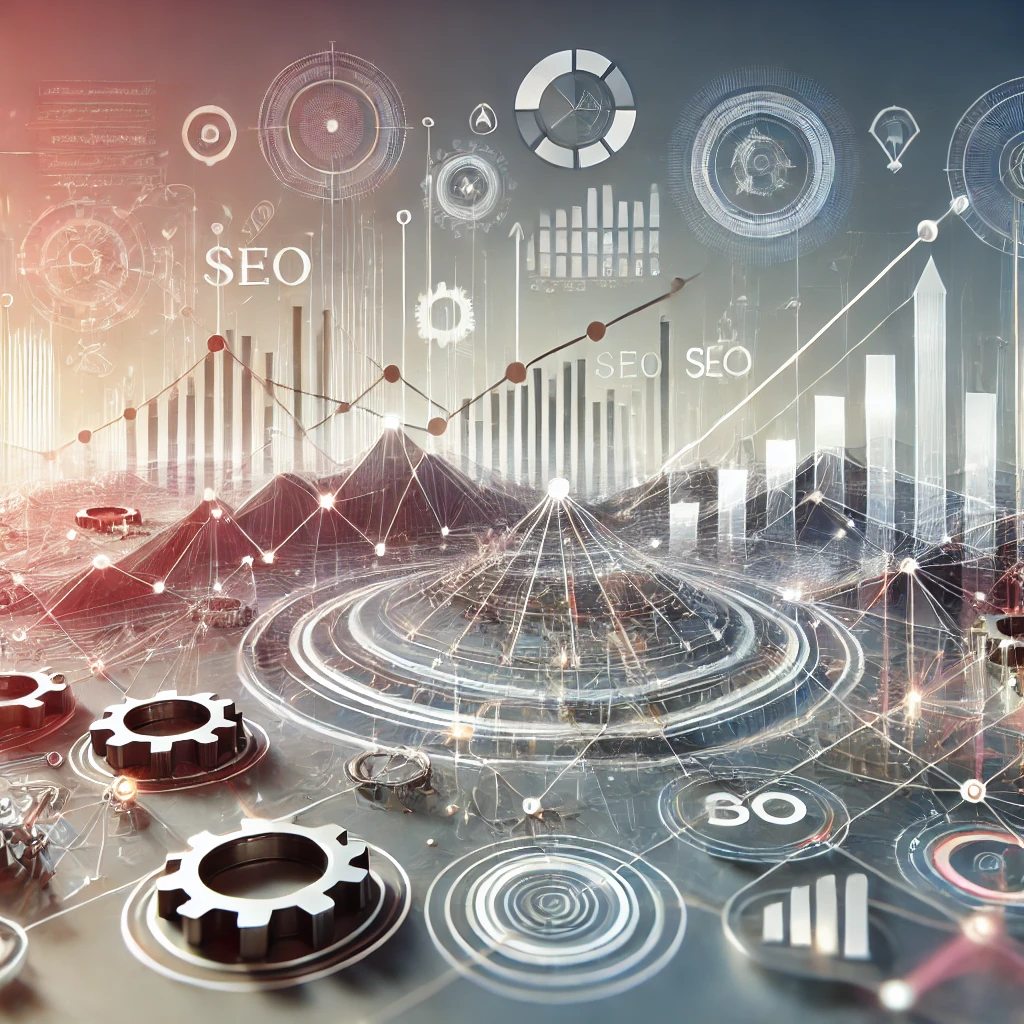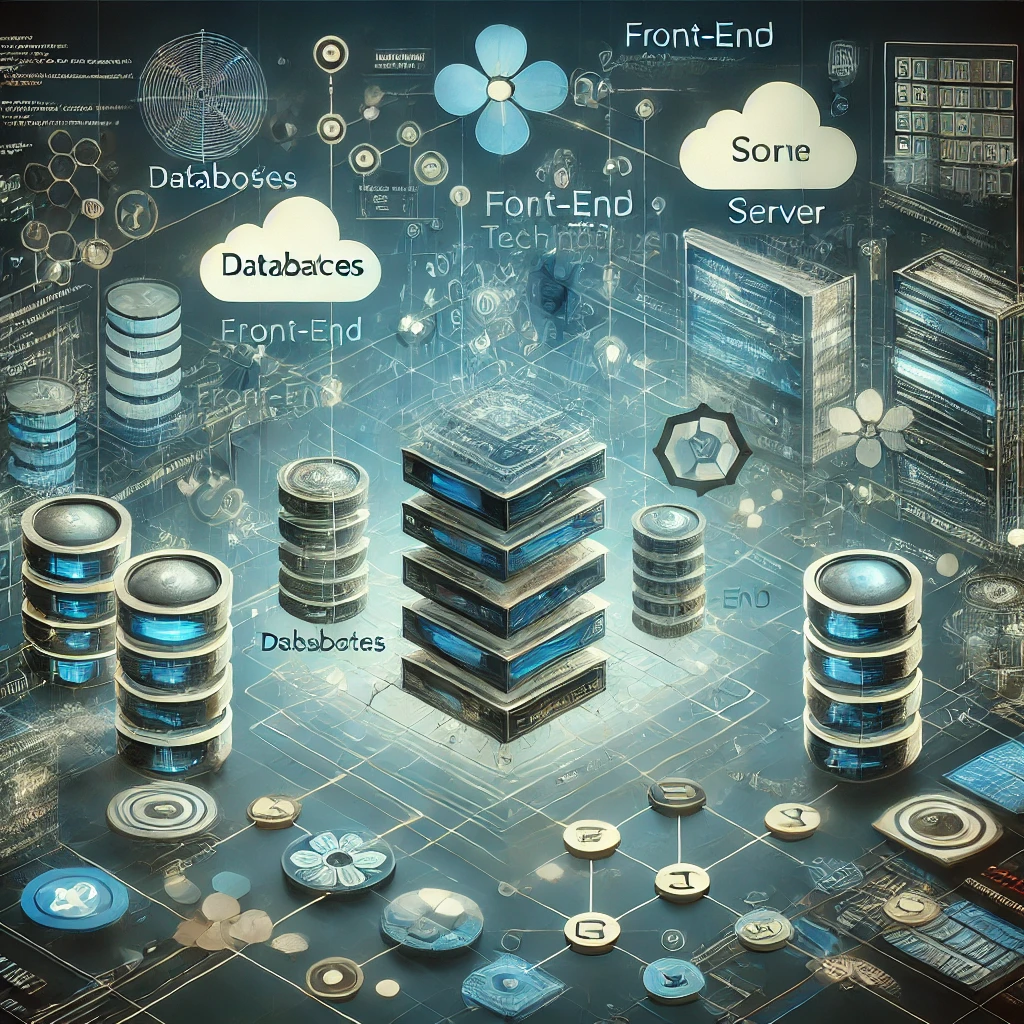The digital landscape is undergoing a transformative shift, with Artificial Intelligence (AI) and Machine Learning (ML) emerging as pivotal forces shaping the future of web design. These technologies promise to revolutionize the way websites are created, optimized, and experienced by users. By harnessing the power of AI and ML, web designers and developers can unlock new levels of creativity, efficiency, and personalization. This article explores the impact of AI and ML on web design and how these advancements are poised to redefine the digital experience.
Automation in Design
Artificial Intelligence and Machine Learning are automating complex aspects of web design, from layout creation to color scheme selection. Tools powered by these technologies can analyze vast amounts of data to suggest design elements that are most likely to engage users. For instance, AI algorithms can predict design trends or automatically adjust website layouts based on user behavior and preferences. This not only speeds up the design process but also ensures that websites are optimized for maximum engagement and conversion rates.
Enhanced User Experiences
Personalization is at the heart of modern web design, and Artificial Intelligence and Machine Learning are taking it to new heights. By analyzing user data, such as browsing history, location, and device type, AI can deliver highly personalized website content and recommendations. Machine learning algorithms learn from user interactions, continuously improving the personalization process over time. This level of customization makes for more relevant and engaging user experiences, fostering loyalty and encouraging longer site visits.
Improved Accessibility with AI Web Design
AI and ML are also making strides in enhancing website accessibility. Automated tools can now ensure web designs comply with accessibility standards, making the internet more inclusive for people with disabilities. AI generates alt text, provides voice navigation, and adapts websites for diverse accessibility needs. AI and ML improve accessibility, broadening web content reach and promoting equality in the digital space.
Predictive Analytics and SEO with AI Web Design
The future of web design closely intertwines with SEO, and AI & ML will play significant roles in this area. These technologies can analyze search trends and user behavior to predict future search queries. This insight allows for the creation of content that is more likely to rank higher on search engine results pages. Furthermore, AI-powered tools optimize website speed, structure, and content, ensuring designs are user-friendly and search engine friendly.
Challenges and Considerations
While the integration of Artificial Intelligence and Machine Learning into web design offers numerous benefits, it also presents challenges. Privacy concerns, the need for human oversight, and the potential for homogenization of design are issues that need addressing. Designers must balance AI & ML with creativity and ethics to preserve web design’s human element.
Conclusion
Advancements in Artificial Intelligence and Machine Learning undeniably intertwine with the future of web design. These technologies offer the promise of more personalized, efficient, and accessible web experiences. Moving forward, designers must blend technical knowledge and creative insight to effectively leverage AI and ML. Embracing changes allows designers to create websites meeting today’s needs and anticipating tomorrow’s demands.




